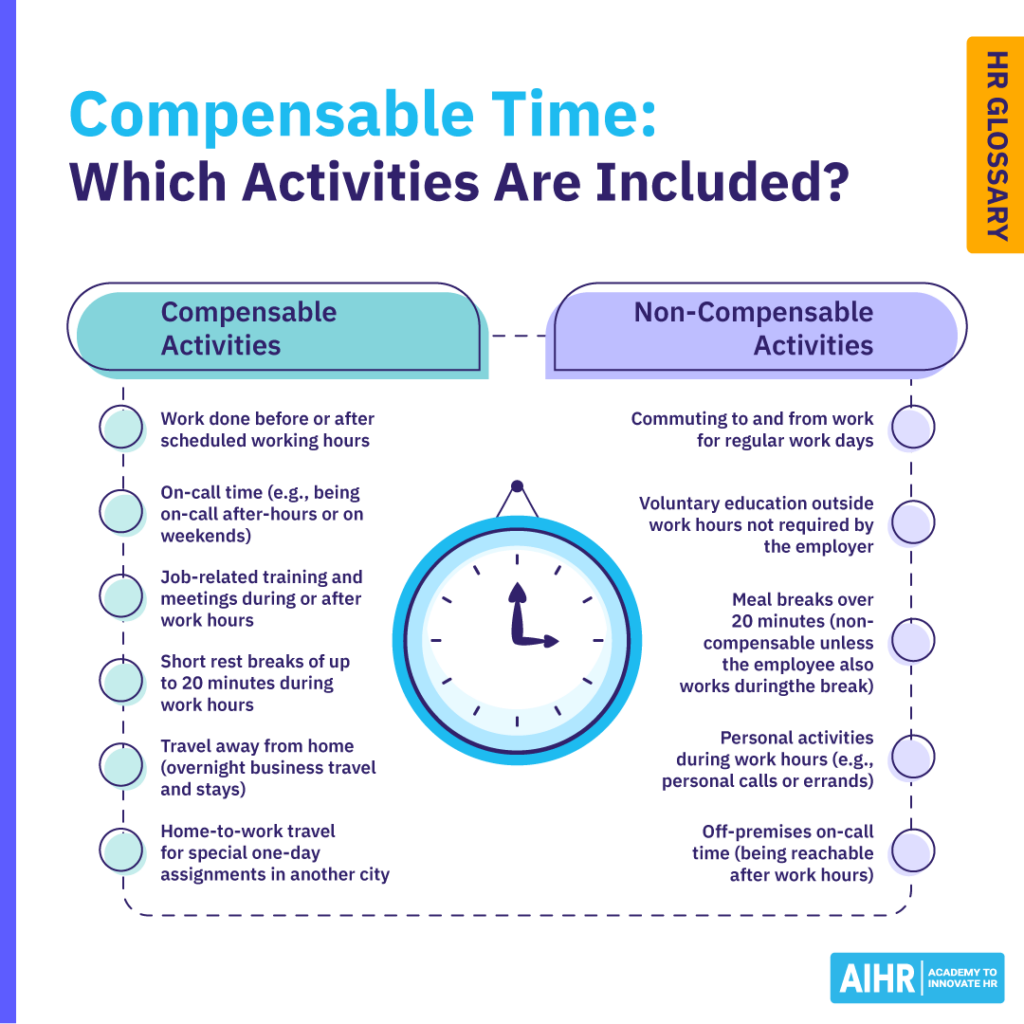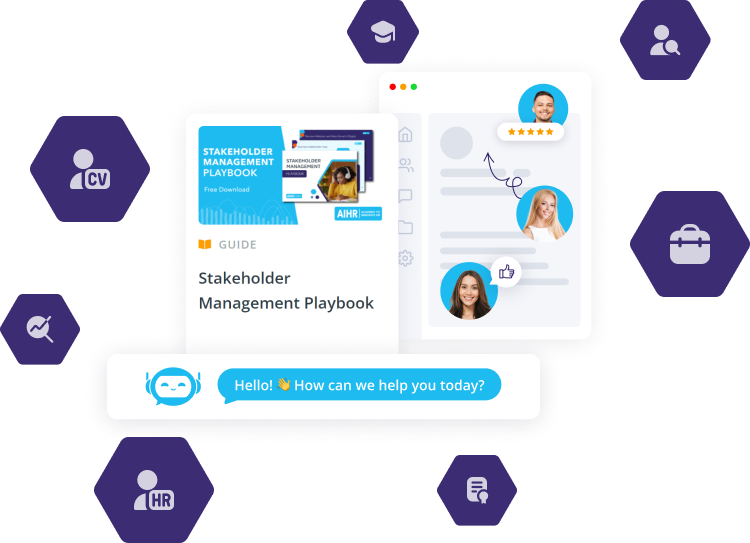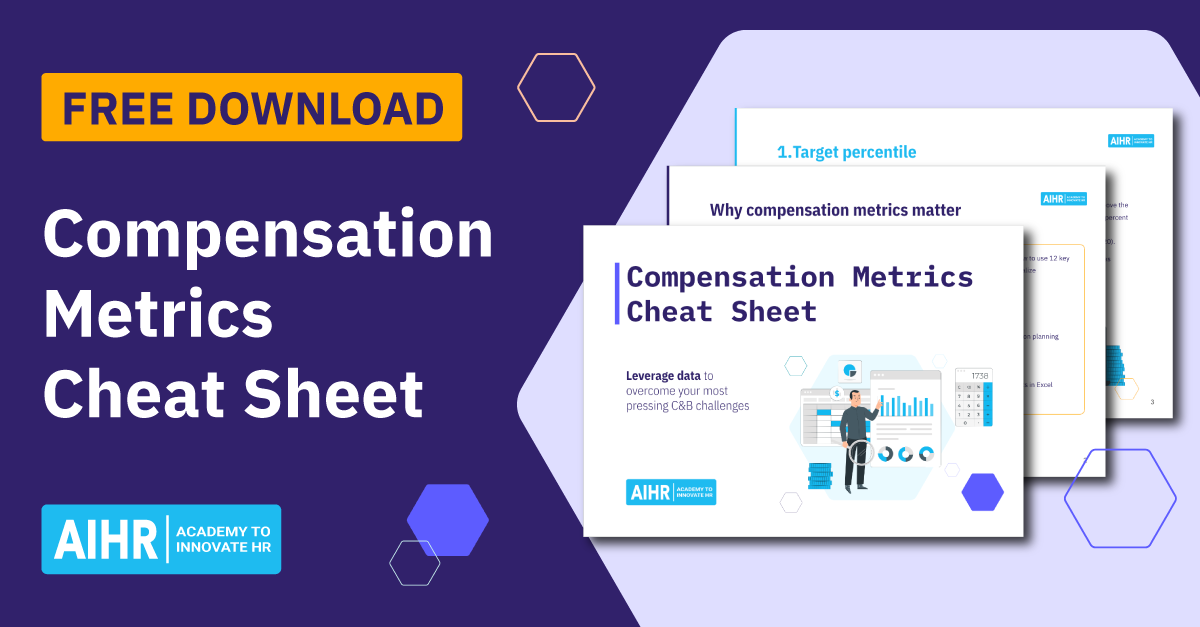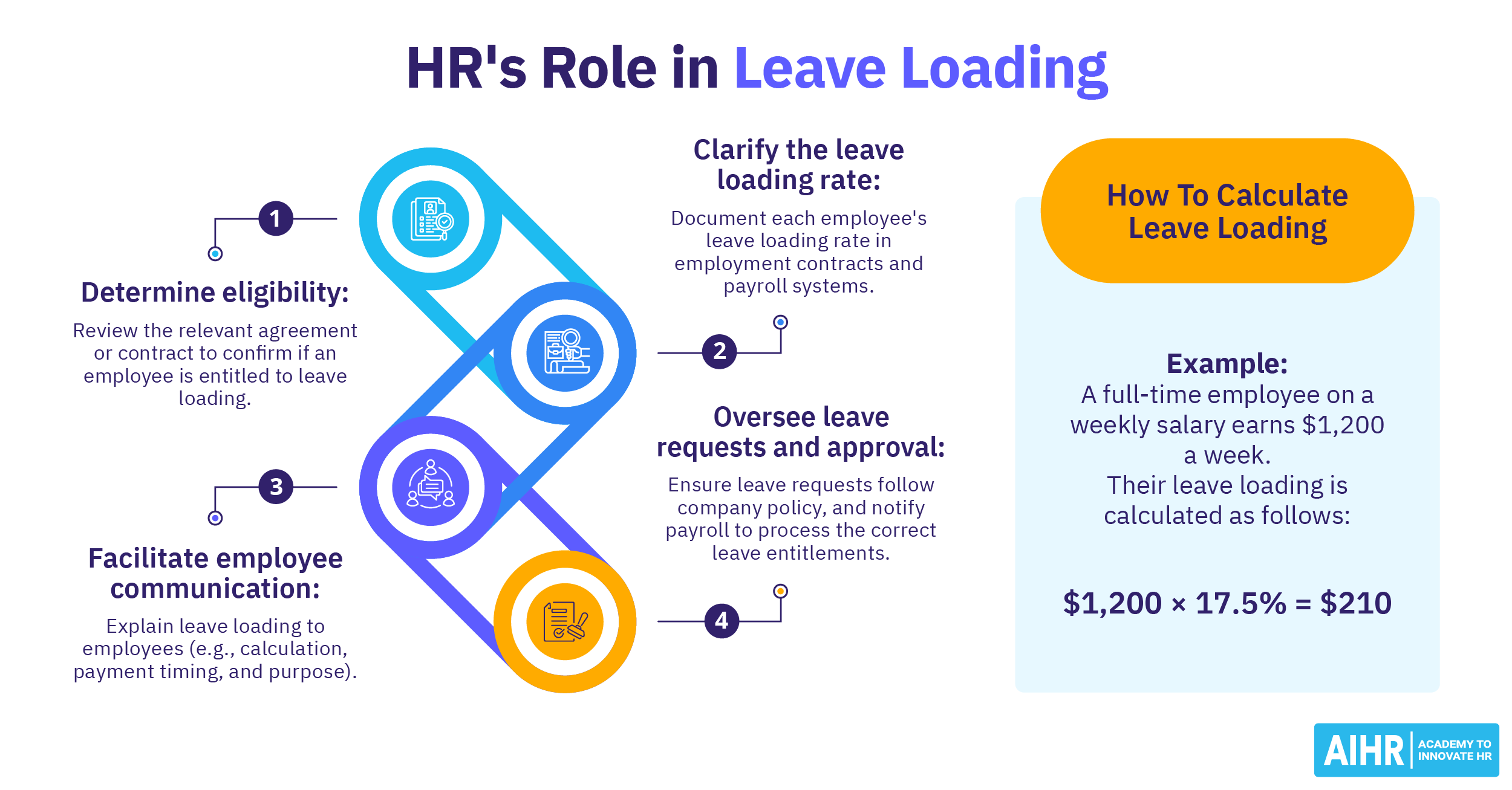Compensable Time
What is compensable time?
The term ‘compensable time’ refers to the hours an employee must be paid for under the U.S. Department of Labor’s (DOL) Fair Labor Standards Act (FLSA).
This includes any time an employee must be present at their job or work location, even if they aren’t actively doing tasks (e.g., an emergency responder or a remote tech support agent who is on call).
However, it does not include personal time when employees are completely free from work duties and are not under their employer’s control. This is called non-compensable time and typically includes regular commuting to and from the workplace, preliminary activities (such as walking from the parking lot to the factory floor before work), and post-work activities (such as changing out of a work uniform into personal clothing after a shift).
Which employees are eligible for compensable time?
The FLSA mandates that non-exempt workers are eligible for compensable time, as employers must pay them for all time spent on work-related tasks. This can include certain waiting times, work-related travel, and time spent on-call.
Non-exempt workers are entitled to minimum wage and must be paid for every hour they work, including overtime pay (pay for hours worked beyond 40 hours a week). These employees are often paid on an hourly basis and work in fields such as retail or F&B.
Conversely, exempt or salaried employees are typically professionals, executives, or administrators who receive fixed salaries regardless of how many hours they actually work. As such, they are not covered under the rules for compensable time and are not eligible for overtime pay.
Build compliant and equitable compensation practices
As an HR professional, you need to ensure your employees are compensated fairly while meeting legal and organizational requirements.
With AIHR’s Compensation and Benefits Certificate Program, you’ll gain the skills to identify pay gaps, design effective pay structures, and leverage data for informed decisions—helping your organization stay competitive and compliant.
Are all work-related activities compensable?
While non-exempt employees must be paid for time spent on duties or when they’re required to be at the workplace, certain activities do not count as part of compensable time. Here are some common activities included in and excluded from compensable time.
Activities included in compensable time
- Work done before or after scheduled work hours: This could include booting up systems, setting up equipment, finishing required paperwork, or cleaning up after a shift.
- On-call time: The time is paid if an employee must stay at a specific location, or if they face restrictions that limit their personal activities at home (such as being on-call after-hours or on weekends for tech support).
- Job-related training and meetings: Compulsory training, seminars, or meetings the employee attends during or after work hours are compensable.
- Short rest breaks: Rest breaks lasting up to 20 minutes during work hours can be included in compensable time, as they can benefit the employer by maintaining employee productivity.
- Travel away from home: Overnight travel and stays away from home are considered part of the employee’s working hours if they overlap with an employee’s regular workday.
- Home-to-work travel for a one-day assignment in another city: While the FLSA excludes regular home-to-work travel from compensable time, it makes an exception for employees who travel for one-day assignments to other cities and return home the same day.
Activities not included in compensable time
- Commuting to and from work on regular work days: Regular home-to-work travel is not considered part of the workday and is therefore not compensable, even if employees can use company vehicles to get to work.
- Voluntary training or education: Training undertaken outside work hours that is not required by the employer is not considered part of work time.
- Meal breaks: Breaks longer than 20 minutes are not compensable unless an employee does a work-related task during that break and is not at full liberty (e.g., eating at their desk so they can answer incoming work calls during their lunch break).
- Personal activities during work hours: Making personal calls or running personal errands are excluded from compensable time.
- Off-premises on-call time with minimal restrictions: Being reachable by phone after hours without any restrictions on personal time does not qualify as part of compensable time.

How to calculate compensable time
Compensable time is calculated by tracking total hours worked and ensuring compliance with minimum wage and overtime laws under the FLSA (or applicable state laws). For hourly (non-exempt) employees, employers must record all compensable activities using a timesheet system.
Take, for example, a barista who earns $15 per hour and works 38 scheduled hours a week. In addition to their scheduled hours, they spend one hour every week preparing the coffee machines pre-shift, and three hours in total cleaning up after their shift. This brings their total weekly work hours to 42. As such, their total weekly pay would be calculated using the following formula:
| Total weekly pay for compensable time = | Regular pay + overtime pay |
In this case, the barista’s total weekly pay consists of the following:
- Regular weekly pay: 40 work hours per week x $15 regular hourly rate = $600
- Overtime pay: 2 overtime hours per week x $22.50 time and a half rate = $45
Therefore, their total weekly pay for compensable time would be: $600 (regular weekly pay) + $45 (overtime pay) = $645.
HR tip
Brush up on compensable time compliance: If you’re unfamiliar with the legalities of compensable time, use this Department of Labour fact sheet to familiarize yourself with Hours Worked Under the FLSA. You can also understand your record-keeping obligations under the FLSA here.
The consequences of incorrect compensation
All U.S.-based employers are required to correctly classify their employees as exempt or non-exempt. They must also track and pay non-exempt employees for all compensable hours in compliance with the FLSA to avoid legal problems.
Incorrectly compensating employees under the FLSA can lead to serious penalties for employers. These include the following scenarios:
- Employees may sue for unpaid wages, including overtime or minimum wage violations, often seeking back pay, damages, and attorney fees
- The Wage and Hour Division (WHD) of the Department of Labor may investigate your company based on complaints or random audits
- If violations are found (e.g., failing to pay for compensable time like pre-shift work or restricted on-call hours), the WHD can order payment of back wages, impose civil penalties, and mandate compliance
- Employers who willfully or repeatedly violate minimum wage or overtime pay rules are subject to a civil money penalty of up to $1,000 per violation
- Stricter penalties are enforced for willful FLSA violations, which may lead to criminal prosecution, fines of up to $10,000, and a second conviction that could result in imprisonment.
These penalties underscore the importance of accurately tracking and paying for compensable time to avoid legal and financial headaches.









